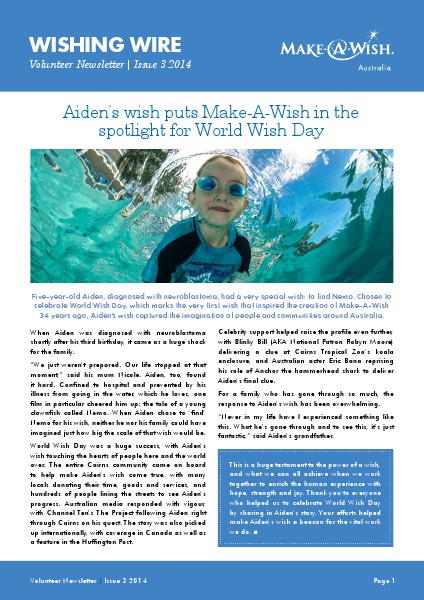
#Wire newsrack magazine verification#
To formulate a set of journalistic ethical standards and values, including such principles as accuracy, the verification of fact, objectivity, serving as a watchdog and exposing wrongdoing in powerful institutions and to compare these values to commonly accepted benchmarks of literary value To discuss the development of journalism in the English-speaking world, from 18th-century magazines to the 19th-century penny press, "yellow journalism," muckraking and professional mass-market news media during the 19th to 21st centuries Upon completion of the course, students will be able: Goals Students will understand the historical development of professional journalism in England and the United States appraise ethics, principles and craftsmanship in authors who made the transition from journalism to literature assess the professional ethics, attitudes and craft agenda of professional journalists writing today and reflect on how these principles and practices can inform their own professional writing.ī. "A Brief Introduction to Restoration and Eighteenth Century Satire," lecture delivered by Ian Johnston in November 1998, in English 200, Section 3, Malaspina University-College in Nanaimo, British Columbia, CanadaĪ. does he satirize? What would you consider the moral center of his work? How does "Lucky You" reflect the ethics of a working journalist? What media trends, practices, etc. Based on that research and your reading of "Lucky You," write a documented feature article Research Hiaasen, his journalism and his novels.



Reviewing a theater adaptation of "Lucky You" for, Beau Higgins says Hiaasen's columns at The Miami Herald "have outraged just about everyone in South Florida, including major politicians, law officials and even his own bosses." In "Lucky You," his targets include South Florida developers, religious quacks, redneck militias, white liberals, Hooters and, yes, the newspaper business. Anglo-Irish satirist Jonathan Swift once said, "satire is a sort of glass, wherein beholders do generally discover everybody's face but their own."


 0 kommentar(er)
0 kommentar(er)
